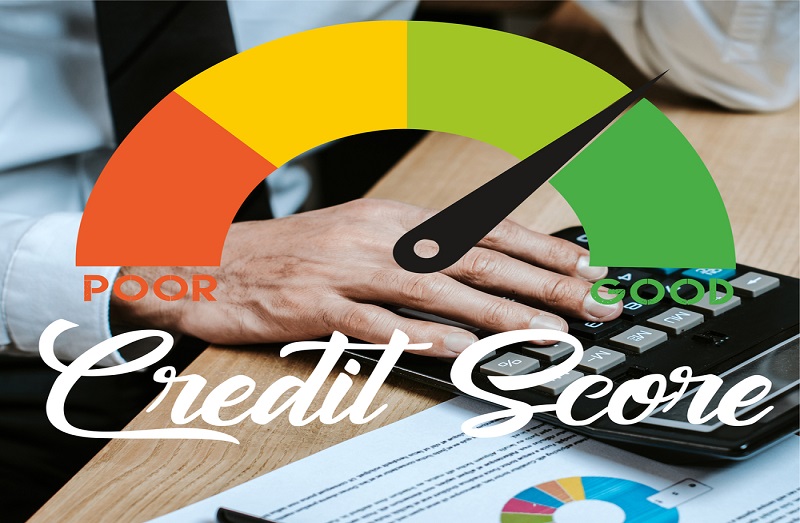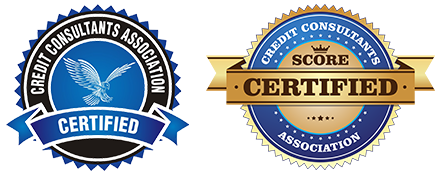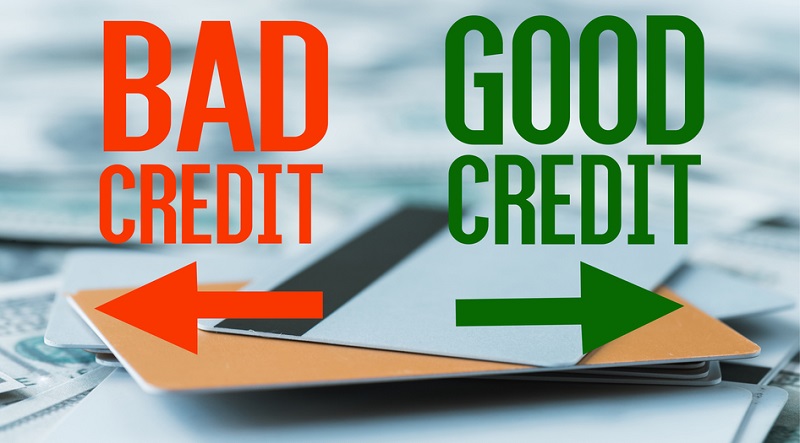- Home
- Repair 101
- Help Raise My Credit Score
Help Raise My Credit Score: 7 Top Proven Options That Work!

We hear all the time, “Help raise my credit score the right way.” Are you confused about your options on how to raise your credit score? We want to help.
Is your credit score blocking you from achieving a big goal or taking a step up in your life? Maybe you keep getting denied for credit cards, or you can’t take out loans to fund a business venture that you want to pursue. You may also face demands for unreasonable down payments when applying for an auto loan with bad credit.
It’s easy to get frustrated or feel helpless when your credit score is less than stellar. Rather than focusing on what your score is blocking you from achieving right now, it helps to focus on boosting your credit score to make those life goals possible in the future.
Help Raise My Credit Score In 7 Easy Steps? Absolutely!
How do you raise your credit score? Will the following tips help raise my credit score? Some of them will have a more immediate impact than you may expect.
1. Stop the bleeding by making all payments on time every month.

When you make credit card or loan payments late or miss them altogether, you are dragging your credit score down each time. Allow accounts to go delinquent for multiple months in a row, and you can expect the hit on your credit to hurt even more. It is a financial wound, and you need to stop the bleeding before you can start thinking about healing.
Help raise my credit score the right way. The strategy here is to pay all your bills on time every month.
That’s easier said than done if you’ve accumulated more debt than you can afford and struggle to keep up with all the payments. If you’ve experienced a change in your income or have other financial setbacks, it may seem impossible at the time. That’s why missed and late payments are seen over a period of time on credit reports.
If you’re in the position to start making payments on time, catch the overdue balances up as quickly as possible and then begin making every payment on time.
If you aren’t in a position to get your overdue accounts back up to date, reach out to the lenders. Many make it easy to enter payment arrangements or other agreements through their website or app. Others will provide your options if you call them and let them know what’s happening on your end.
2. Lower your credit utilization ratio. Which will help raise my credit score the right way.
Your credit utilization ratio reflects the amount of available credit you’re currently using. Help raise my credit score the right way. You can lower the amount of credit you’re using by keeping your credit card balances as low as possible and paying loans off as quickly as possible.
Some consumers open credit cards for the sole purpose of not using them. That increases the amount of credit available on their credit report and lowers their credit utilization ratio. The problem is that many credit card lenders will close your account if you don’t use the card for an extended period.
You can solve that problem by making small charges on the card and paying them off before the end of your billing cycle. You will keep your card active without carrying a balance.
3. Don’t open new accounts unless you need them.
Do you get excited when a new credit card arrives in the mail? Many consumers get a buzz from recent financial gains, and there is some prestige associated with carrying some high-level credit cards or upgrading to the newest car every year.
The problem is that new accounts can hurt your credit score, at least in the short term. Make a habit of collecting credit cards or applying for cards that you aren’t likely to get approved for, and it could hit your credit score somewhat hard.
Each time you apply for a new line of credit, a hard inquiry is entered on your credit report and can have a negative impact on your score. New accounts can also have a negative impact, especially if you open multiple accounts in a short period.
Give your credit score a boost and freeze new accounts for six months or even a year. Only apply for credit if you genuinely need to use it for something important, and then space out your new accounts so they don’t weigh your score down.
4. Maintain all accounts even if you’re not using them, especially your oldest account.
Why is your oldest line of credit extremely important? The length of your credit history is one of the factors used to determine your credit score. If you get behind on payments and your older accounts are closed, or you voluntarily close them, you shorten your length of credit and can potentially lower your credit score.
Closing an account also eliminates some of your available credit, which can increase your credit utilization score. It’s best to maintain your accounts in an active status without running a balance.
One strategy is to use credit cards; you don’t need to sign-up for Netflix or another low-cost service that automatically deducts payments monthly. You can pay that small charge off right away, so you never run a balance, and your cards stay active.
5. Dispute inaccurate information on all three credit reports.
Check your free credit reports every year, or use a service like Credit Sesame or Credit Karma to keep a close eye on your credit reports if you see something that isn’t accurate or complete, file a dispute to remove it from your credit report.
You can do this online in just minutes, but you may choose to send a dispute by mail if you have documentation to prove that the information is inaccurate or not up to date.
6. Check the status of old debt before you make an effort to pay it off.
It may seem like paying off old debt on your credit report would help your credit score, but that’s not always what happens. If your credit report shows that the lender has charged off the debt, then restarting payments can reactivate the debt on your credit report, and that can lower your credit score.
In that case, it’s best to allow the debt to fall off your credit report. That should happen within seven years of the original date of delinquency. It can take some time, but it’s the best course of action unless you can arrange for the lender to completely remove it from your credit report in exchange for payment in full or a settlement amount.
Note that many consumers still choose to pay off old debt even if it has been charged off. Even if it lowers their credit score in the short term, showing a paid status can help with approvals for large loans. For instance, an old debt repaid looks better to a mortgage lender than old unpaid debt. Sometimes what looks best to a lender isn’t what works best for your credit score.
7. Help Raise My Credit Score 101, Keep At It
Credit repair is not something you do once in a while when your credit rating slips below 620 and your credit score will not remain steady. Learn and develop the habits that will keep your credit score in excellent condition.
How Do I Get Started? Help Raise My Credit Score?

If these suggestions for improving your credit score seem overwhelming, pick just one and focus on implementing it as quickly as possible. Maybe your first step is to put a freeze on your credit and allow the hard inquiries you have now to fall off while your new accounts age.
Help raise my credit score in 90 days. Your first step is to pay off a credit card or two so that your credit utilization ratio lowers.
Raising your credit score starts by picking a starting point that feels manageable and then tackling it with everything you have. You will see your credit score go up with time, even with small changes like paying all bills on time every month.
Free 5-Day - Start Repairing Credit Challenge - Do It Yourself - Including A Live Expert Question & Answer Session.

Related Articles:
- 101 Credit Tips to Boost Credit Score Points, Today!
- How to Start Repairing Credit - Getting Started With Credit Repair!
- Credit Repair Shouldn't Cost a Fortune!
- Better Credit Booster News and Tips
- Frequently Asked Credit Repair Questions and Answers (FAQ)






